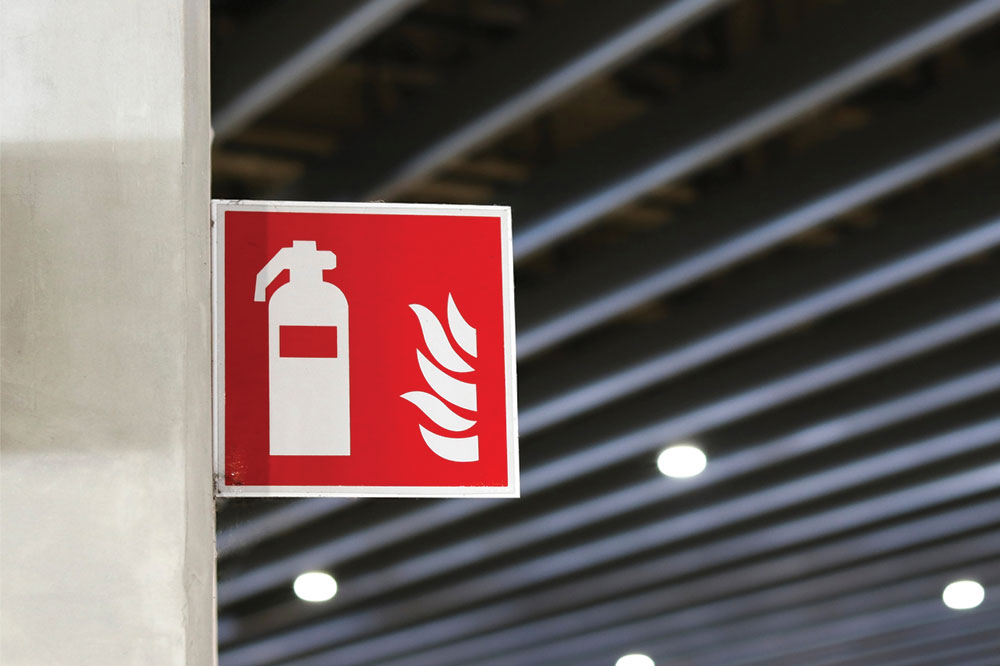Comprehensive Guide to Top Aviation Safety Courses for Professionals
Explore the top courses in aviation safety designed to elevate professionals' expertise. From foundational programs like Seneca's CASE to advanced online certifications by IATA, these courses cover safety management systems, risk assessment, incident investigation, and aircraft recovery operations. Suitable for safety officers, engineers, and managers, these educational pathways ensure you stay at the forefront of aviation safety standards. With flexible learning options and industry-recognized credentials, advancing your career in aviation safety has never been more accessible. Invest in these courses to help create safer skies worldwide.

Comprehensive Guide to Top Aviation Safety Courses for Professionals
In the dynamic world of aviation, safety remains the paramount concern for airlines, airports, and safety professionals alike. The aviation industry faces unique challenges that require rigorous safety protocols, meticulous risk management, and ongoing training to prevent accidents and ensure passenger and crew safety. As the sector evolves with technological advancements and increasing global connectivity, so does the need for specialized skills in aviation safety management.
This comprehensive guide explores the leading courses available for individuals aiming to enhance their expertise in aviation safety. From foundational certifications to advanced management programs, these courses are designed to equip professionals with the skills necessary to develop, implement, and oversee effective safety systems within their organizations. Whether you are an aspiring safety officer, a seasoned aviation manager, or a technical specialist, investing in these educational opportunities can significantly boost your career prospects and contribute to safer skies worldwide.
1. Certified Aviation Safety Expert (CASE) Program by Seneca College
The Certified Aviation Safety Expert (CASE) program offered by Seneca College is an extensive three-year, six-semester program aimed at providing in-depth knowledge of aviation safety practices and policies. This course is designed to be flexible, catering to both full-time students and working professionals. Delivered through a combination of online modules, in-person classes, and practical training, the program prepares learners to handle complex safety issues within the aviation sector.
Participants will gain specialized skills in policy formulation, regulatory compliance, and safety management systems (SMS). The curriculum emphasizes leadership development, technical procedures, and effective communication strategies crucial for safety oversight. Graduates from this program earn an Ontario College Advanced Diploma, positioning themselves for diverse roles such as safety managers, compliance officers, risk analysts, and safety auditors.
Technical procedures and policy development in aviation safety
Regulatory compliance with FAA, ICAO, and other standards
Leadership and management skills for safety oversight
The program covers essential topics such as system development, safety audits, incident investigation, and data analysis. Practical training modules include risk assessment exercises, mock safety audits, and incident response simulations, preparing students for real-world challenges. The cost structure for the program varies: domestic students typically pay around $3,632 plus approximately $1,550 for course materials, whereas international students may pay up to $17,338 with an additional fee for supplies.
2. Civil Aviation Safety Management Systems (SMS) - IATA
The IATA Civil Aviation Safety Management Systems (SMS) course is a vital training program that provides aviation safety professionals with the skills to develop and maintain effective SMS aligned with ICAO standards. Spanning five days and totaling 40 hours, this intensive program combines theoretical knowledge with practical application to ensure participants can apply safety management principles within their organizations.
The course can be attended in-person at IATA training centers or delivered as an in-house tailored program. It emphasizes essential components such as safety risk management, safety policy formulation, safety promotion, and continuous safety performance improvement. Learners also explore case studies demonstrating successful safety cultures and learn how to implement proactive safety strategies effectively.
Safety risk management strategies and practices
Formulating safety policies and setting safety objectives
Implementing safety promotion and organizational learning
Early registration discounts of up to 25% are available, with course fees ranging between $2,408 and $2,676. This program enhances understanding of international safety standards, operational efficiencies, and the importance of fostering a strong safety culture within aviation organizations.
3. Advanced Civil Aviation Safety Management (ACASM) Certification - IATA
The Advanced Civil Aviation Safety Management (ACASM) certification offered by IATA is a cutting-edge four-day virtual course targeted at aviation safety professionals seeking to deepen their understanding of safety management practices. This online training emphasizes the development of holistic safety strategies, integrating technical knowledge with critical thinking skills necessary for tackling complex safety challenges.
The program encourages interactive participation through live sessions, group discussions, and case studies. Learners are guided through real-world scenarios to develop the ability to analyze safety data, identify hazards proactively, and implement effective safety improvements. The course spans approximately 16 hours of interactive content, supplemented by assignments and a post-course follow-up assessment conducted three months later to reinforce learning outcomes.
Interactive live virtual sessions and group activities
Critical analysis of safety incidents and data
Development of strategic safety plans and policies
This advanced course equips safety managers with the latest tools and insights needed to lead safety initiatives and promote a proactive safety culture across aviation organizations, fostering safer skies through innovative management practices.
4. Aircraft Recovery Operations Workshop - IATA
The Aircraft Recovery Operations workshop is a specialized, intensive three-day training designed for airport personnel, safety professionals, and engineering staff involved in aircraft recovery and accident site management. The course covers comprehensive aspects of safely recovering disabled aircraft, ensuring minimal damage and operational safety during recovery processes.
Participants learn about recovery planning, safe use of specialized equipment, weight reduction techniques, and emergency responsibilities. The workshop emphasizes practical skills, incorporating hands-on exercises and real-case scenarios to prepare participants for complex recovery situations. The course also discusses legal, operational, and safety considerations critical to aircraft recovery operations.
A key criterion for successful completion is scoring at least 70%; higher scores can earn distinction, indicating a deeper understanding of recovery protocols. This training aims to build confidence and competence in handling challenging recovery operations efficiently and safely, ultimately contributing to the overall safety and resilience of aviation infrastructure.





